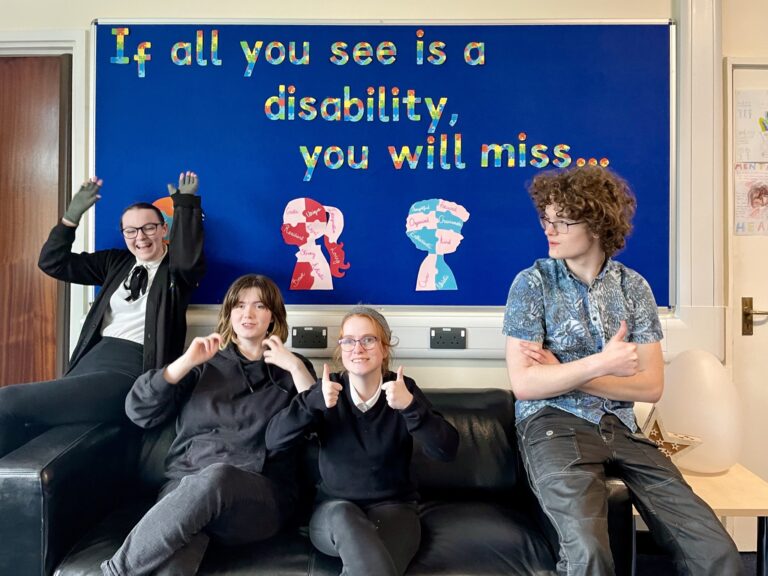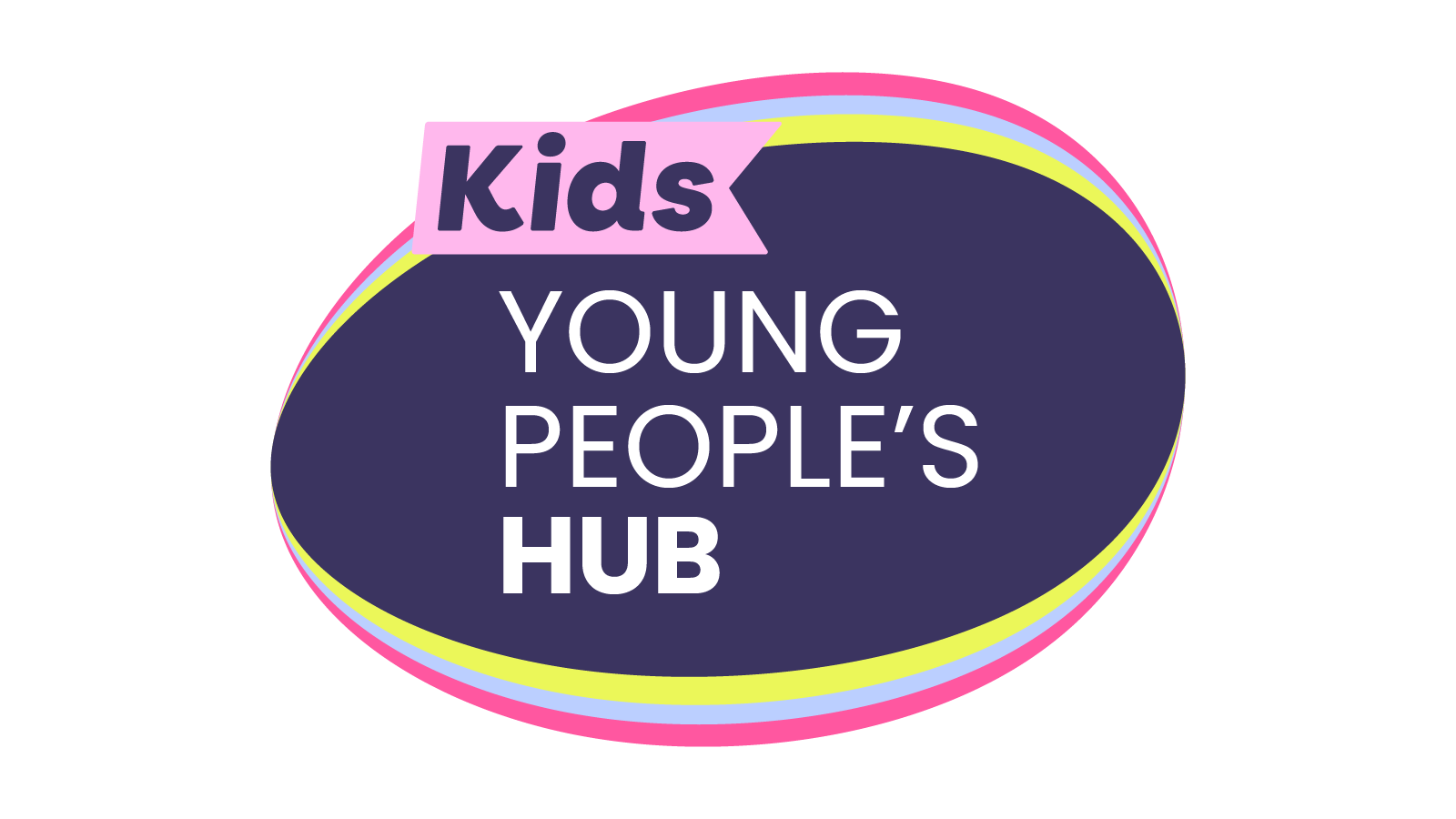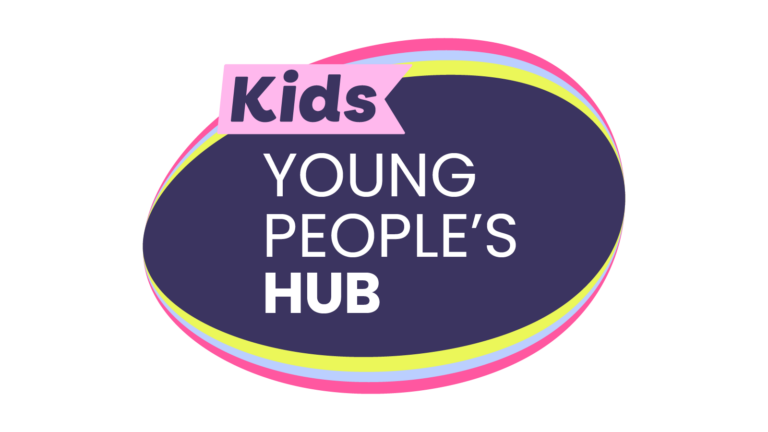Are you in crisis or danger right now?
If it’s an emergency, phone the police by dialling 999.
Everyone needs support from other people from time to time.
If you’re struggling or having a hard time, remember: you are not alone and it’s okay to ask for help.
Sometimes you might want to talk to someone close to you – a family member or friend. But if things are really tough of if you’re having a crisis it can be better to talk to a professional.
Needing Help is Perfectly Normal
Navigating life as a young person with SEN and/or disabilities can come with unique challenges. It’s completely normal to face challenges, and it’s super important to recognise when you might need a bit of extra support. Asking for help is a sign of strength, not weakness. Let’s dive into some reasons and examples of when you might need support and how to recognise these moments.
Why You Might Need Support
School Work and Learning:
- Feeling Overwhelmed: If your homework or classwork feels too difficult or confusing, it’s okay to ask for help. Everyone learns differently, and sometimes you need a bit more explanation or a different approach.
- Falling Behind: If you notice that you’re not keeping up with your classmates, it might be a good time to seek support from a teacher or a tutor.
Social Situations:
- Making Friends: If you find it hard to make or keep friends, you might benefit from talking to a family member, who you trust to give you good advice, a school counsellor or teacher, or perhaps by joining a social skills group.
- Bullying: If someone is being mean to you, whether it’s in person or online, you should definitely talk to an adult you trust. You don’t have to handle it alone.
Daily Activities:
- Feeling Stressed or Anxious: If you often feel worried, stressed, or sad, it’s important to talk to someone about it. This could be a parent, a teacher, or a mental health professional.
- Difficulty with Tasks: If daily activities like getting dressed, eating, or moving around are challenging, there are tools and people who can help make things easier.
Examples of When to Ask for Help
In the Classroom: If you’re in a maths class and the problems on the board look like a foreign language, raise your hand and ask the teacher to explain it again. It’s also a good idea to talk to your teacher after class if you need more time to understand the material.
At Home: If you’re supposed to clean your room but feel overwhelmed by the mess, ask a family member for help. Breaking the task into smaller steps can make it more manageable.
With Friends: If your friend said something that hurt your feelings, but you don’t know how to talk to them about it, ask a parent or teacher for advice on how to handle the situation.
How to ask for Help
Be Honest: Clearly explain what you’re struggling with. It’s okay to say, “I’m having a hard time with this,” or “I don’t understand this.”
Find the Right Person: Think about who can help you best. This might be a teacher, a parent, a friend, or a school counsellor.
Use Available Resources: Schools often have lots of resources like tutoring programs, counselling services, and special accommodations for students with SEN or disabilities. Don’t hesitate to use them.
Practice Self-Advocacy: Learn to speak up for yourself. It’s important to communicate your needs and preferences. You have the right to ask for what you need to succeed.
Remember - You are not alone.
Everyone needs help sometimes, and that’s perfectly okay. Recognising when you need support and asking for it is a big part of growing up and becoming more independent. There are so many people who care about you and want to see you thrive. Don’t be afraid to reach out.
Stay strong, and always remember to ask for help when you need it. And here at Kids, we’re always here to offer support and encouragement, so reach out to us.
If you need more help, or are in a crisis, please check out our Get Help page. You’ll find a list of organisations you can speak to who are trained to help & offer the right support.
Are you in crisis or danger right now?
If it’s an emergency, phone the police by dialling 999.
What else to read





